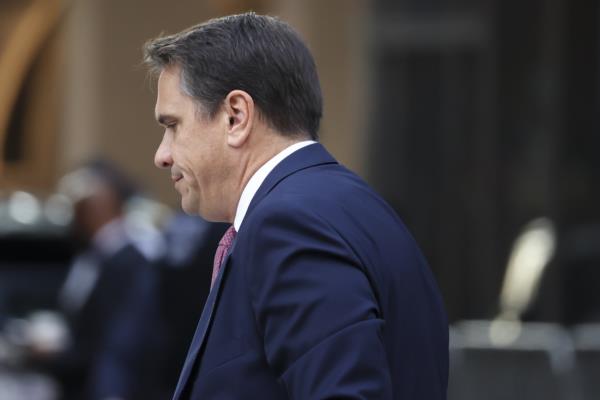
During the court proceedings, it was revealed that Georgia Longstreet, a paralegal involved in the case, had examined a substantial number of social media posts ranging between 5,000 and 10,000. When questioned by Attorney Todd Blanche about her role in selecting the posts presented in court, Longstreet clarified that she did not have the authority to make such decisions, stating, 'I’m just a paralegal, I don’t call the shots.'
It was further disclosed that out of the extensive pool of posts Longstreet had reviewed, the prosecution team had chosen to introduce only seven of them as evidence in the current legal proceedings. This selection process highlights the meticulous nature of evidence presentation in the case, with a focus on relevance and admissibility.



The revelation sheds light on the thorough investigative work undertaken by legal teams in preparing for the trial. Longstreet's extensive review of social media posts underscores the importance of digital evidence in modern legal proceedings and the effort invested in sifting through a large volume of data to identify pertinent information.
As the case progresses, the significance of social media content in shaping legal arguments and establishing facts becomes increasingly evident. The strategic selection of specific posts for presentation in court reflects a deliberate approach to building a compelling case based on credible and relevant evidence.







